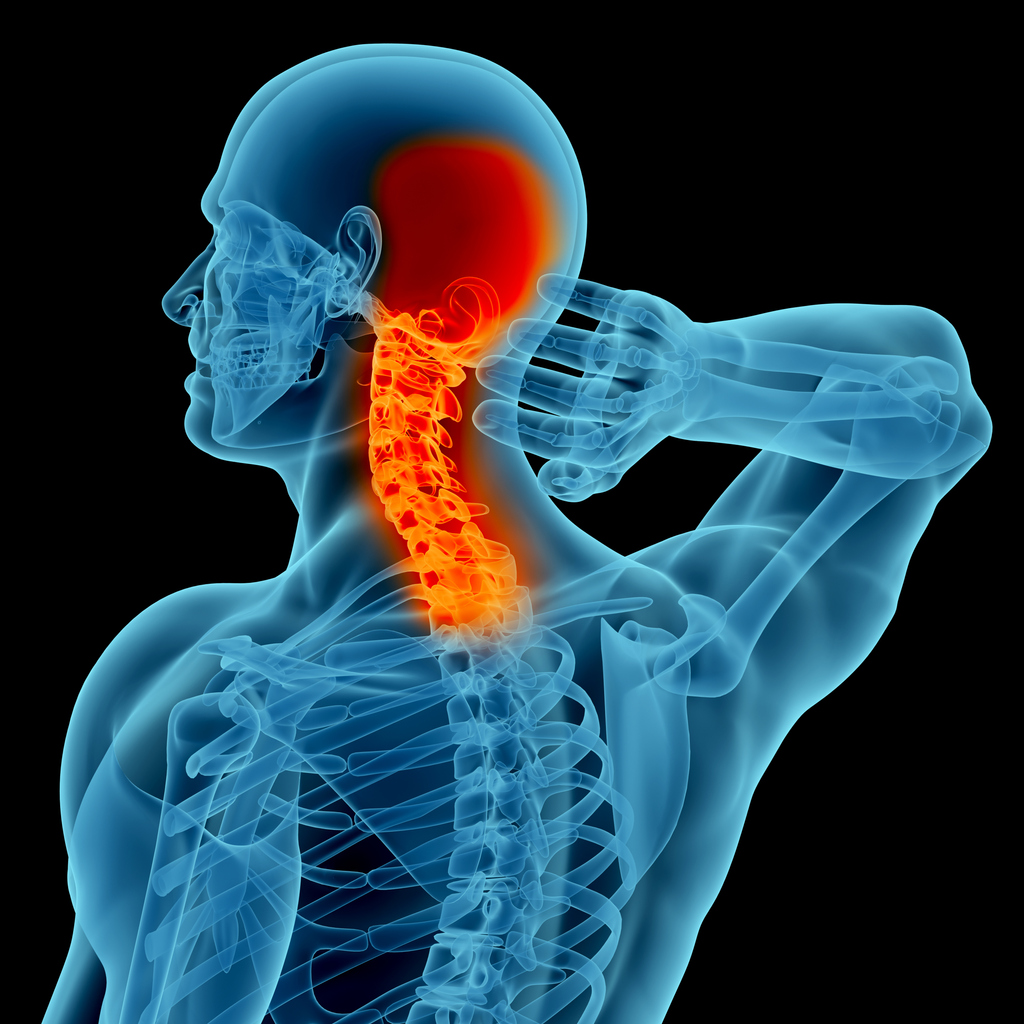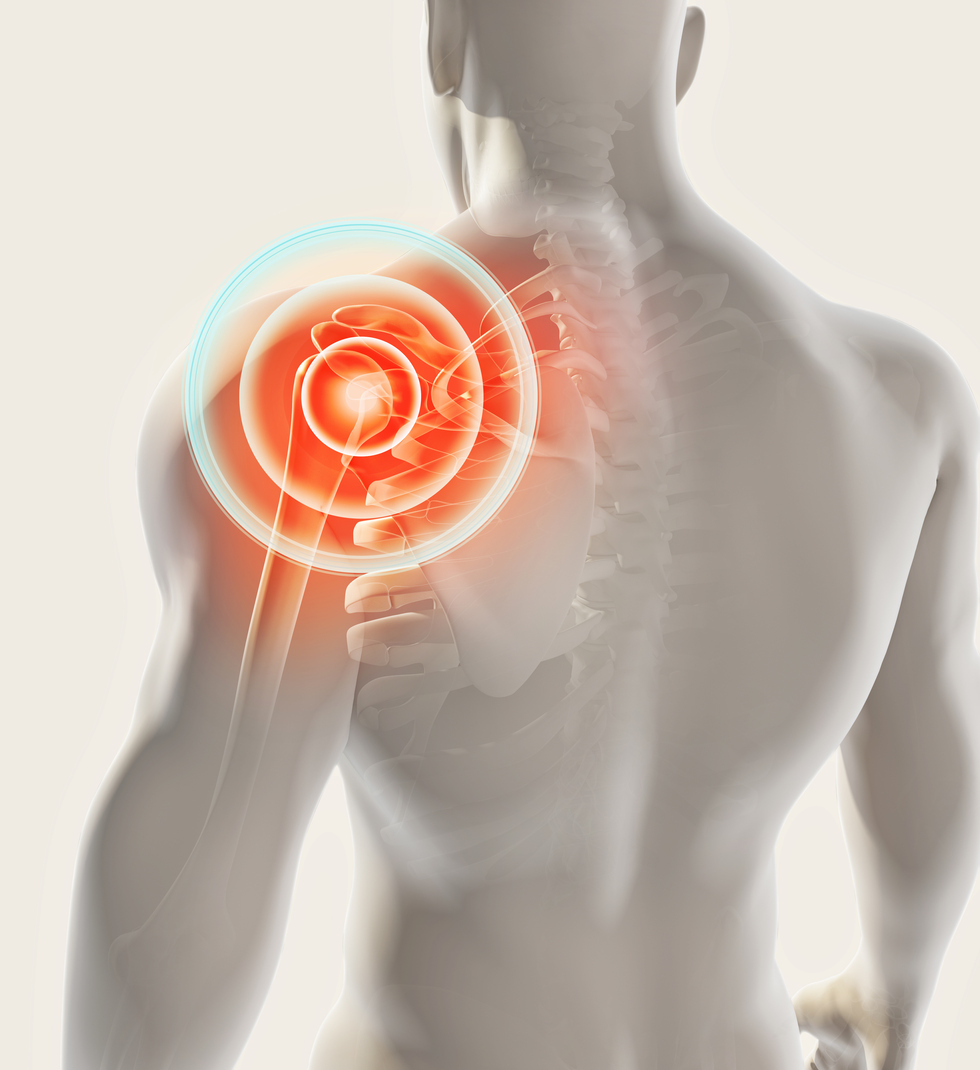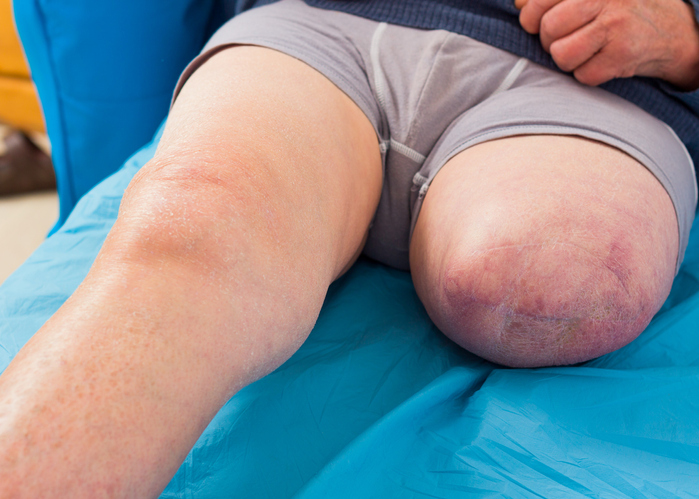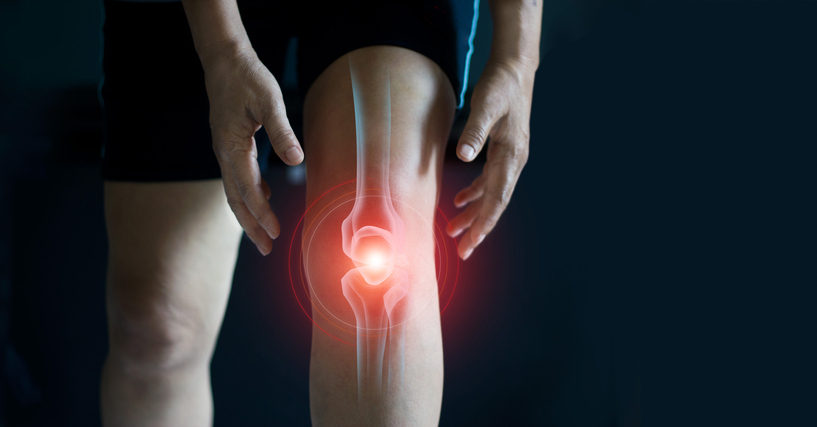Pain
6 Chronic Pain Myths Debunked
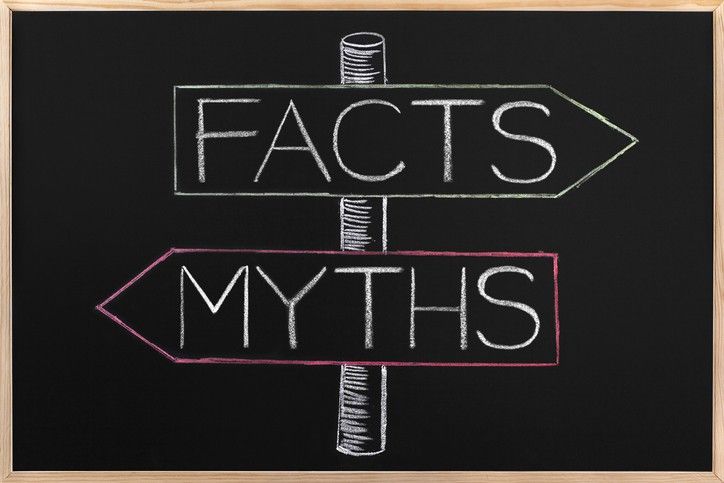
1 person found this helpful
Print
Share
Save
Plenty of myths surround the experience of chronic pain, including how much pain is “normal” and how chronic pain should be treated. Here are six common myths about chronic pain dispelled with the actual facts.
- Myth: Chronic pain is a natural part of getting older.
Fact: While some aches and pains are due to the aging process, not everyone develops chronic pain. Certain conditions associated with aging, such as disc degeneration in the spine, are not always associated with pain. However, pain that persists should be evaluated by a health care professional. - Myth: Chronic pain always has an underlying cause.
Fact: Chronic pain does not always have a specific cause. It may be classified as “idiopathic,” meaning of unknown cause. However, the pain is still real, and treatments can still be effective. Even when chronic pain has a specific cause, the diagnostic process is often time-consuming and involves various medical tests. - Myth: Individuals with chronic pain should not exercise.
Fact: Lack of movement and physical activity can actually make chronic pain worse due to increased joint stiffness and muscle deconditioning. Physical activity not only keeps the body moving, but it also stimulates the release of feel-good hormones, such as endorphins and serotonin, which help reduce the perception of pain. Consulting a health care professional before beginning an exercise program is recommended. - Myth: It is best to “tough it out” and live with it.
Fact: Pain is the body’s warning signal that something is wrong. Untreated chronic pain can negatively affect sleep, physical health, mental health, and overall quality of life. Seeking medical attention for chronic pain can help identify any underlying conditions and determine a treatment plan to improve quality of life. - Myth: Pain is the only symptom of chronic pain conditions.
Fact: Dealing with chronic pain is often demanding on both the body and the mind. When an individual has chronic pain, they may experience various other symptoms, including fatigue, confusion, brain fog, sleeping issues, depression and anxiety. - Myth: Individuals with chronic pain who take prescription pain medications will definitely become addicted to them.
Fact: While it is possible for individuals with chronic pain to become addicted to pain-relieving medications, the incidence of addiction is approximately the same as the general population. When taken as directed, prescription pain medications rarely cause addiction. Pain management specialists can help ensure that the correct dosage of medication is taken for the appropriate length of time.










